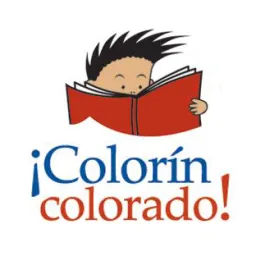Why reading in your home language helps kids become better readers
If you speak more than one language, you may wonder if you should read to your child in your home language (like Spanish) or in English. You may worry that reading in your home language will confuse them as they try to learn English. Or you might not be comfortable with your own English skills.
It’s important to encourage and support your child’s efforts to learn English. But research is clear that kids who are read to in their home language (like Spanish) have an easier time learning to read in their second language (like English).
The benefits are even greater for kids who learn to read first in their home language. By developing literacy skills in their home language, kids have an easier time learning to speak, read, and write English in the future.
How to make a print-rich environment in your home language
Creating a rich language environment in your family’s home language will stimulate your child’s cognitive, linguistic, and social development. It also builds early literacy skills. You can do this by:
Reading books in your home language with your child every day
Talking about the stories you’ve read together
Playing rhyming games and singing songs in your home language
Encouraging your child to write in your home language
Keeping print material in your home, like books, greeting cards, magazines, and newspapers
Exposing your child to games, puzzles, and music in your home language
Encouraging your child to use your home language to tell stories
Expanding your child’s vocabulary in your home language by teaching new words, pointing out and naming objects, and working on pronunciation
Going to the public library often to check out books and other resources
Libraries, bookstores, and community centers in your neighborhood may offer books in Spanish that you can read with your child. Even if you can’t buy books to take home, you can make special “reading trips” to these places to enjoy books with your child.
If you can’t find any children’s books in your home language in your community, talk with other families about ways to create a collection of books or resources that many families can enjoy. They may be just what you need to get your child on the road to reading and to becoming a thriving English language learner.
Adapted from WETA. © 2020, WETA.
Explore these 10 places to find free books for your child.


